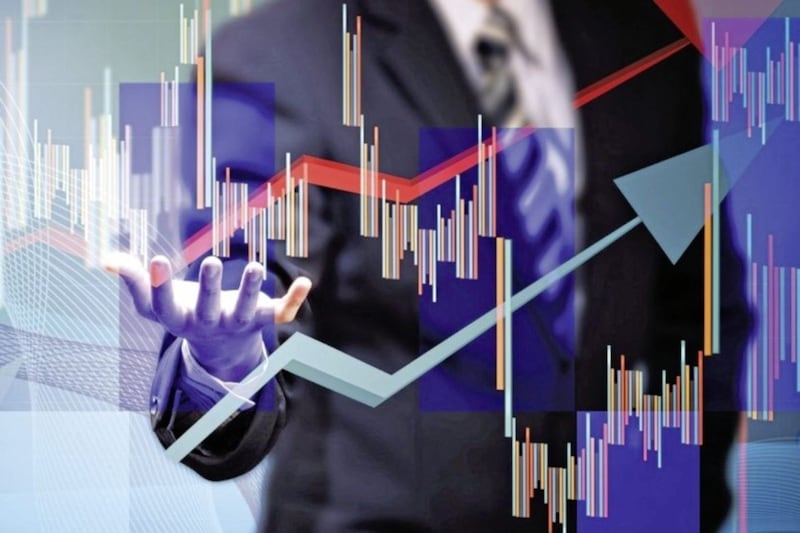FOR many years we have been experiencing low inflation, low interest rates and steady economic growth in western economies, the “Goldilocks” scenario.
No-one could have predicted the current pandemic and the full extent of the economic consequences have yet to be revealed. We have seen a sharp rise in the price of gold in recent months, the traditional safe haven and recently inflation figures for July came in above expectations, with the increase in the consumer price index up from 0.6 per cent to 1 per cent.
We are facing a very different environment going forward, with the worst recession in our lifetime likely to result from the coronavirus crisis. It is of course impossible to predict all the consequences accurately and one of the hardest economic indicators to get right has been inflation.
Despite the recent uptick in the rate of inflation, the focus remains firmly on low rates of price rises and the bond markets steadfastly back this up. However, with such unprecedented conditions, there has been some concerns that there is a fundamental shift which could lead to inflation reigniting.
When studying economics in the 1980s the emphasis was on money supply and we have recently seen a rise in a number of the broad measures of this. Another fundamental shift has been the control of money supply moving from central banks to politicians who are all too aware that the ratio of debt to economic growth is extremely high.
Levels were already elevated before the current crisis, but clearly with so much government funding to ensure we all weather the storm, levels of debt have rocketed and continue in an upward trajectory. One of the easiest ways of reducing debt is to have inflation: after the financial crisis in 2007/8 central banks intervened in markets by way of quantitative easing (QE) but they did not manage to create inflation as their efforts to get commercial banks to increase lending was not met with success.
Inflation could be seen to be an attractive way out of our current scenario, a cheap way of funding an economic recovery perhaps? Higher inflation means higher nominal economic growth. Of course this is not a given, consumers remain cautious and spending has obviously fallen over the last few months.
One major factor in lower prices in recent years has been China: this huge economy has been a source of deflation with cheap goods, but nothing lasts for ever and with the intermittent trade war between the US and China, we could well see higher prices.
None of this is certain. There has clearly been a massive increase in the level of uncertainty for investors: the gold price is a clear indication of this. Equities often benefit from inflation, anyway in the short term.
One thing is sure: there will be many twists and turns in the economic road ahead: there are significant political situations which are hard to predict - the US Presidential election in November, for instance, and closer to home Brexit looms large.
Cathy Dixon is a partner at the Belfast office of Cunningham Coates Stockbrokers. This article does not constitute a recommendation to buy or sell investments and the value of any shares may fall as well as rise.






